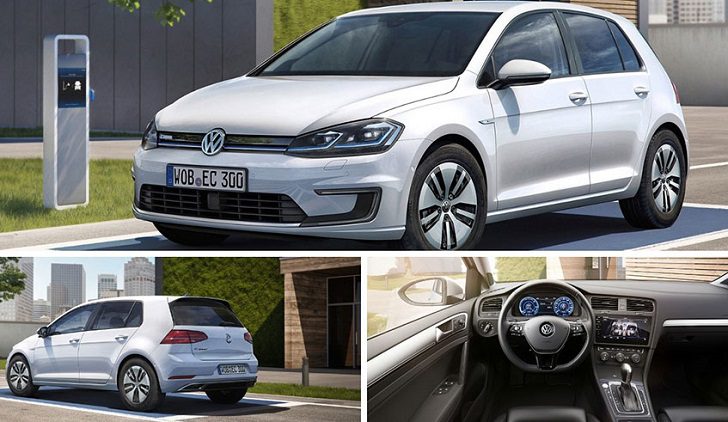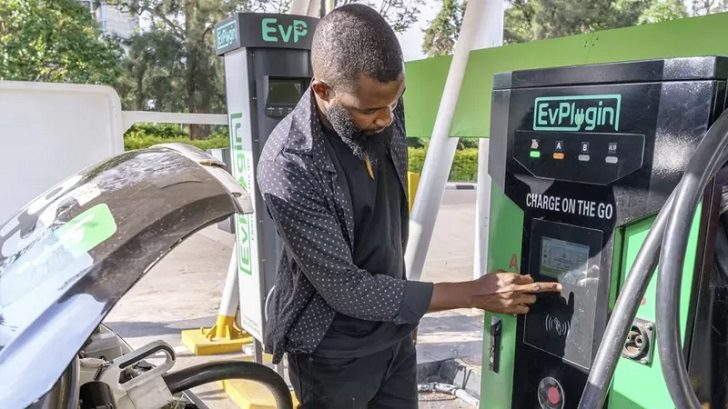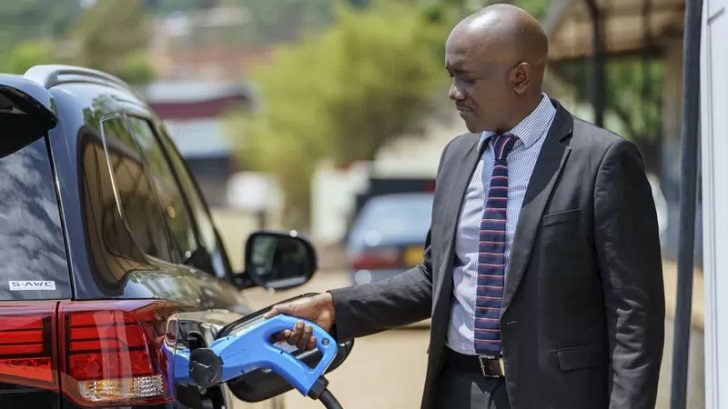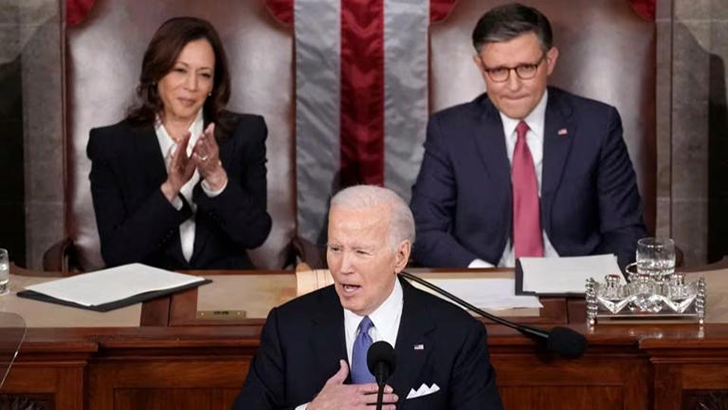In Rwanda, the conversion of gasoline engines to electric vehicles is reducing emissions.
Electric motorcycle taxis are helping to drive change in a country where gas-guzzling vehicles have historically dominated. According to Donald Kabanda, CEO of Rwanda Electric Motors Limited, the case for conversion is compelling.
At first glance, the three-stall, white, and green EV Plugin station in downtown Kigali could be mistaken for a collection of petrol pumps. This, however, is an electric vehicle (EV) charging station, one of nearly 200 in Rwanda's capital.
The station, which can charge both cars and motorcycles, represents Rwanda's hopes of becoming an electric vehicle powerhouse in many ways.

Collins Mwai/ New Times | According to the Rwandan government, the cost of transitioning to e-mobility and the adoption of electric vehicles will be US $900 million
In recent years, the 13-million-person country has introduced tax breaks for EV buyers, nurtured domestic electric vehicle manufacturers, and unveiled ambitious plans to electrify public buses. The changes are part of the country's efforts to reduce rising air pollution and greenhouse gas emissions that contribute to climate change.
E-mobility in Rwanda
Nearly 900 locally manufactured electric vehicles, including Ampersand motorbikes, now ply Rwanda's roads. Major global manufacturers have also expressed interest in the country, which was home to Africa's first electric Volkswagen. Electric trucks have also been used to deliver necessities in rural areas.

JEROEN VAN LOON/ GETTY IMAGES | In Rwanda, the conversion of fuel motors to electric vehicles is helping drive emissions down
The UN Environment Programme (UNEP) has backed Rwanda's transition to electric vehicles, collaborating with government officials to accelerate the rollout of electric motorbikes and three-wheelers. The work in Rwanda is part of a larger UNEP effort to reduce air pollution, which kills an estimated 7 million people each year, most of whom live in developing countries.
Through projects such as the SOLUTIONS+ project implemented by the Urban Electric Mobility Initiative, UNEP's Electric Mobility Programme assists more than 50 low and middle-income countries in transitioning from fossil fuel to electric vehicles.
In order to accelerate the e-mobility uptake, the Government of Rwanda has put in place several strategies to serve as incentives. These include the introduction of lower electricity tariffs for electric vehicle charging and the exemption of duties for electric vehicles and their accessories.
Drawback

JEROEN VAN LOON/ GETTY IMAGES | The firm responsible for revamping his ride, Rwanda Electric Motors Ltd, has converted around 80 motorcycle taxis so far
One major issue for carmakers is the lack of charging stations outside of Kigali. Large investments in nationwide charging infrastructure are difficult to justify in a developing country like Rwanda.
Nonetheless, Rwanda's EvPlugin charging network plans to build 200 public chargers across the country over the next two years in collaboration with the government and energy companies. 35 of the facilities will be suitable for cars, while the rest will be suitable for electric motorcycles.
Conclusion
Michaella Rugwizangoga, Chief Executive Officer of Volkswagen's Rwanda operations, stated that the company is currently training drivers and technicians on the operation and maintenance of electric vehicles.
Volkswagen Mobility Solutions Rwanda, which debuted in 2018, provides transportation services such as ride-hailing and corporate car sharing.
The services are available through the Move App, which currently has about 27,000 registered users and has completed over 59,500 rides in the ride-hailing service since the beginning of this year.
show more






















